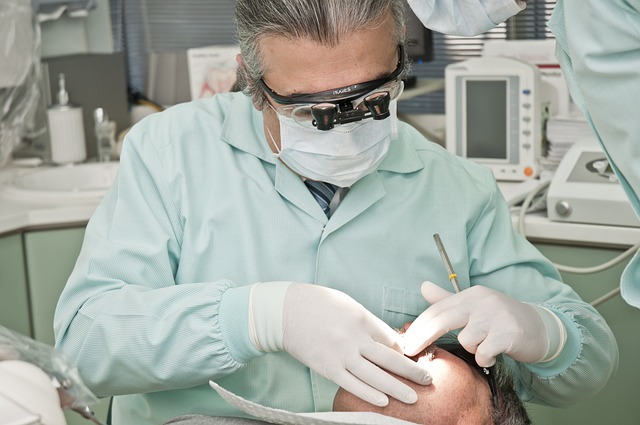How to Relieve Tooth Sensitivity After a Dental Procedure
It’s not uncommon to experience tooth sensitivity after a dental procedure—whether it’s a filling, crown, root canal, or professional cleaning. That sharp, sudden discomfort when you eat or drink something cold (or even breathe in cold air) can be frustrating. But don’t worry—most post-procedure sensitivity is temporary and manageable. Let’s explore why it happens and what you can do to find relief.
Why Do Teeth Feel Sensitive After Dental Work?
Dental procedures often involve manipulating the tooth structure, which can temporarily irritate the nerves inside your teeth. Some common causes include:
-
Inflammation of the dental pulp due to drilling or preparation
-
Exposed dentin (the layer beneath enamel that has microscopic tubules leading to the nerves)
-
Gum irritation or recession during the procedure
-
High or uneven fillings or crowns, affecting your bite alignment
In most cases, this sensitivity resolves on its own within a few days to a couple of weeks. However, there are ways to speed up healing and reduce discomfort.
Simple Ways to Relieve Tooth Sensitivity
1. Use Toothpaste for Sensitive Teeth
Desensitizing toothpaste contains ingredients like potassium nitrate or stannous fluoride, which help block the transmission of pain signals to the nerve. Use it twice daily for best results.
2. Avoid Trigger Foods and Drinks
Stay away from extremely hot, cold, sweet, or acidic foods and beverages. Stick to lukewarm drinks and soft foods until the sensitivity settles.
3. Brush Gently with a Soft-Bristled Toothbrush
Harsh brushing can irritate sensitive areas further. Use a soft brush and gentle, circular motions—especially around the treated tooth or gumline.
4. Avoid Whitening Products Temporarily
Whitening toothpastes and treatments can make sensitivity worse, especially after dental work. Pause use until sensitivity improves.
5. Rinse with Warm Salt Water
Saltwater helps reduce inflammation and promotes healing. Mix ½ teaspoon of salt in a cup of warm water and rinse gently twice a day.
6. Take Over-the-Counter Pain Relief if Needed
Nonsteroidal anti-inflammatory drugs (NSAIDs) like ibuprofen can help ease discomfort and inflammation. Be sure to follow dosage instructions.
7. Check Your Bite with Your Dentist
If your filling or crown feels “off” or too high when you bite down, it may need adjustment. Even a small misalignment can cause significant sensitivity.
When to See Your Dentist
Most post-procedure sensitivity fades within a few weeks. But you should return to your dentist if:
-
Sensitivity worsens or persists beyond 2–3 weeks
-
You feel pain when biting or chewing
-
The sensitivity is accompanied by swelling, pus, or a foul taste
-
Your crown, filling, or dental work feels loose or uneven
Persistent discomfort could indicate an underlying issue, such as pulpitis (inflammation of the tooth pulp) or an infection requiring further treatment.


